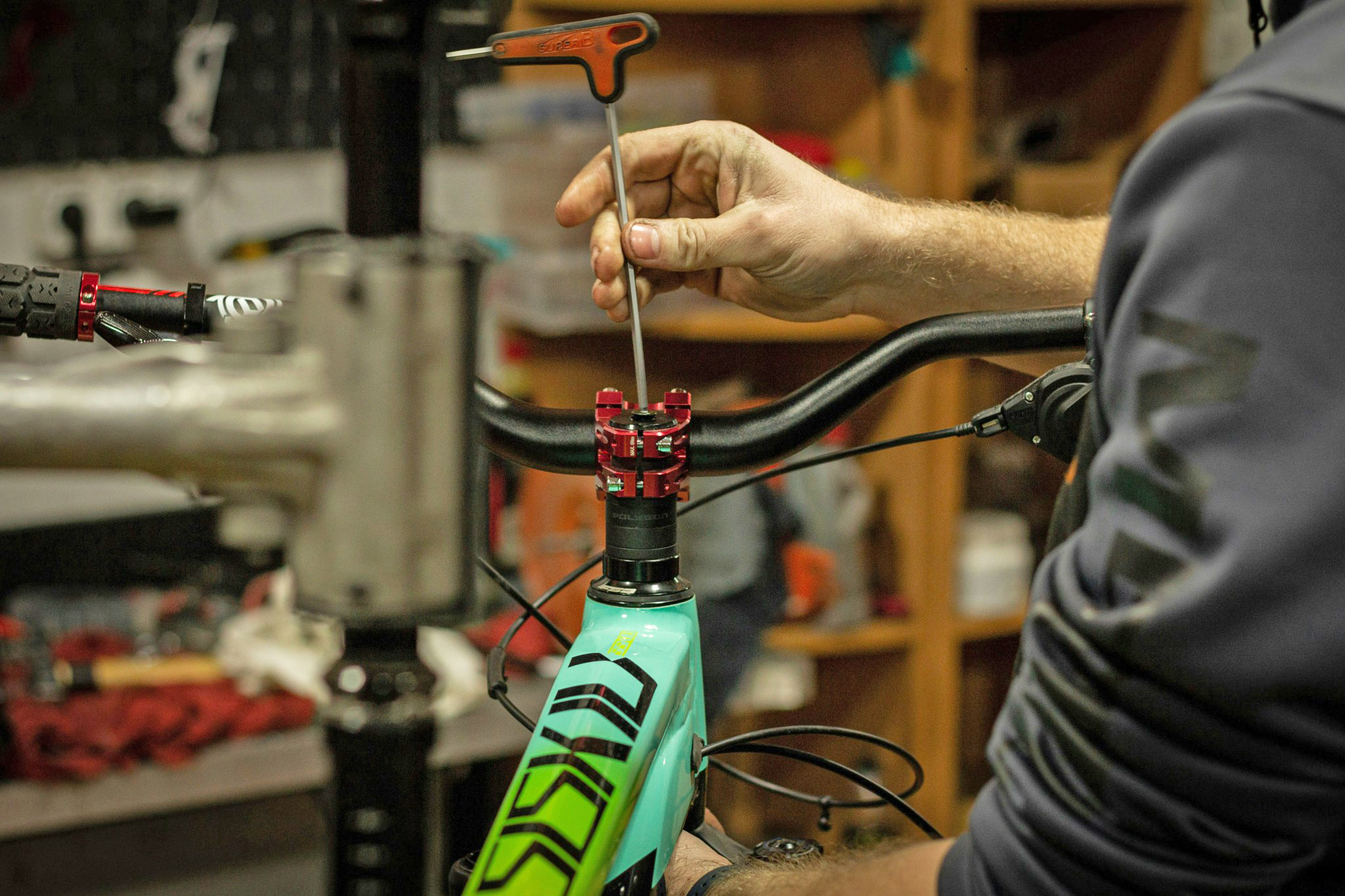The bike-manufacturing industry must return to American shores — and bring more riders to U.S. roads in the process — the nation's leading bike advocate in Congress is seeking in a new bill put forth last week.
Congressional Bike Caucus founder Earl Blumenauer (D–Ore.) introduced the Domestic Bicycle Production Act, which would make tax credits and low-interest loans available to manufacturers to build bikes in America while also suspending, for 10 years, steep tariffs on a handful of hard-to-get bike components that can't feasibly be produced here.
Without those advantages, some experts believe the U.S. has little hope of re-building what was once an iconic industry. In 1973, more than 10 million bikes were made in the U.S.; by 2022, though, a stunning 97.8 percent of all cycles were imported from abroad, the vast majority from China. Europe, meanwhile, has on-shored much of its bike industry, producing 14.7 million domestic bikes in 2022 alone.
“The bicycle helped spark the manufacturing revolution in the United States," Blumenauer told Streetsblog. "The bicycle was the genesis of the aerospace industry; I mean, the Wright brothers were a couple of bike mechanics, for heaven's sakes! And it has been key in terms of the development of the transportation infrastructure generally. … It's time to take this on directly, and to re-establish manufacturing in the bicycle sector in the United States.”
Blumenauer traces America's biking bust to the 1970s and '80s, when U.S. manufacturers looked overseas to cut costs when demand for biking fell in the face of rising car dependency. In the process, though, those manufacturers too often came to rely on foreign companies whose "competitive advantage is its willingness to build dirty products with the support of government subsidies, while paying workers the equivalent of two dollars an hour," as Jeff Ferry of the Coalition for a Prosperous America once told Streetsblog.
Needless to say, that reliance on cheap, carbon-intensive steel and abusive labor practices can also lead to some poorly-made bikes that transportation riders can't rely on. Under the infamous "de minimis" loophole, overseas companies are even exempt from certain customs processes, duties, and taxes when they import individual bikes that cost less than $800 — and they're also exempt from some Consumer Product Safety Commission regulations designed to ensure that cycles are sturdy and safe.
That's been particularly disastrous in the era of the e-bike, when low-income workers like New York City's legions of "deliveristas" have turned to sites like Alibaba to buy the cheapest pedal-assist rides they can find — and ended up with exploding, non-certified batteries that have burned down whole buildings and killed people inside. And while exempting e-bikes from the de minimis rule is one obvious solution, Blumenauer argues that it's just as important to make sure the these vehicles can be made in America in the first place.
“The e-bike gets people out, and it makes anybody a bicycle rider into a bike commuter almost overnight. … Making the e-bike more accessible — and producing it here in the United States — just multiplies the benefits, making it available to more and more communities," he added.
Blumenauer stressed that many communities are already building up their appetite for two-wheeled transportation, and that another bike-buying boom could very well be on the horizon.
Between bicycle-boosting programs in the Bipartisan Infrastructure Law, the Inflation Reduction Act, and a wave of state and local e-bike incentives — not to mention Blumenaeur's own proposed legislation to expand tax credits to bicycle commuters and give Americans federal e-bike incentives — he thinks U.S. communities are poised to build more infrastructure and unleash more new riders than ever before.
With its all that coming down the pike, the congressman argues that U.S. manufacturers should stand at the ready to get a new generation of Americans in the saddle — and with just a little help, those bikes could and should be U.S.-made.
“Saving lives on the road has no more powerful ingredient than putting more people on bikes on the road," Blumenauer added. "There's safety in numbers. … When people have an opportunity to ride safely, it encourages more to join us [them]; it provides momentum for the planning processes that are taking place around the country now, to be able to move them into the actual development and implementation stage; it raises the profile of cycling as a viable transportation alternative … This is a movement that is gaining steam on a daily basis. And [on-shoring manufacturing] would be an important component to add to it.”






